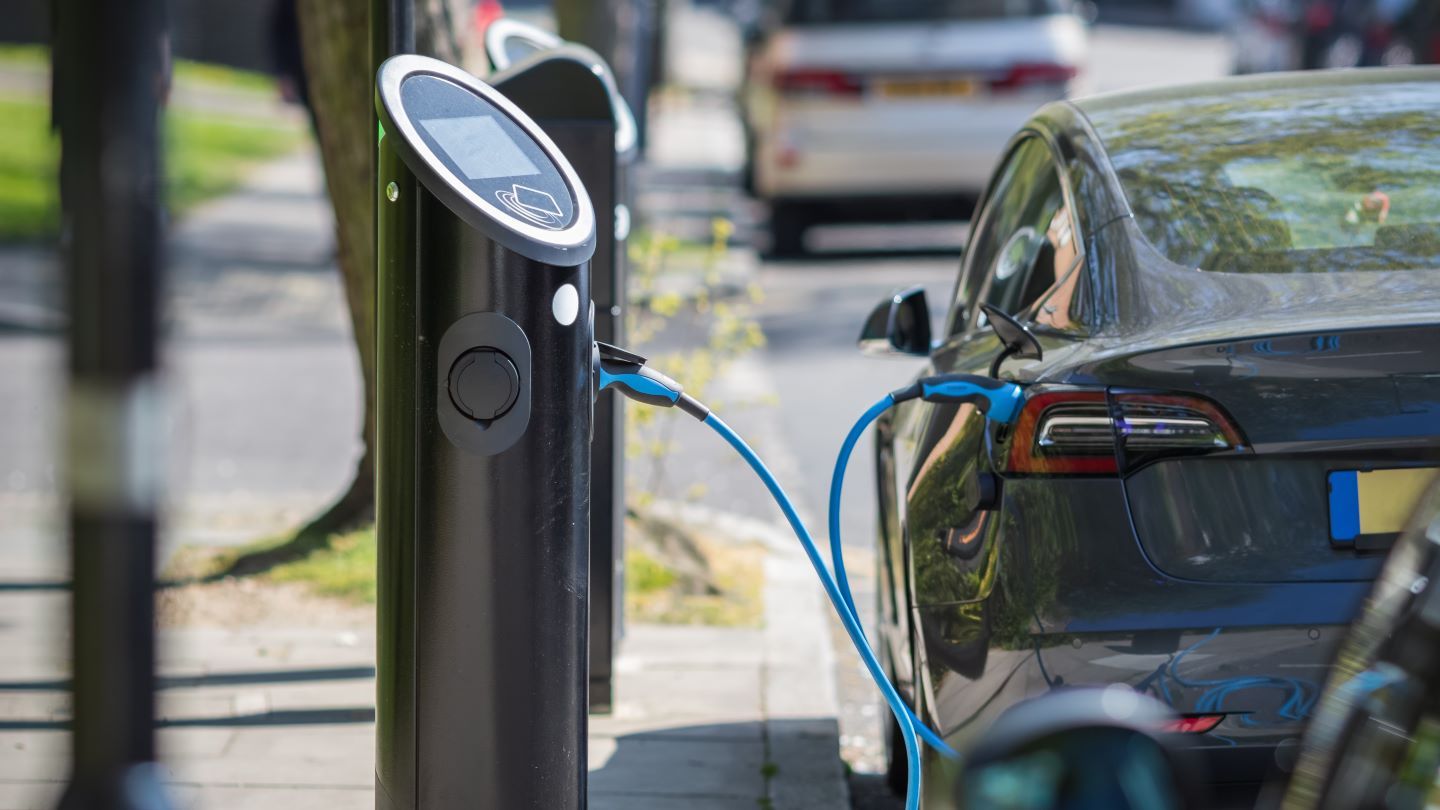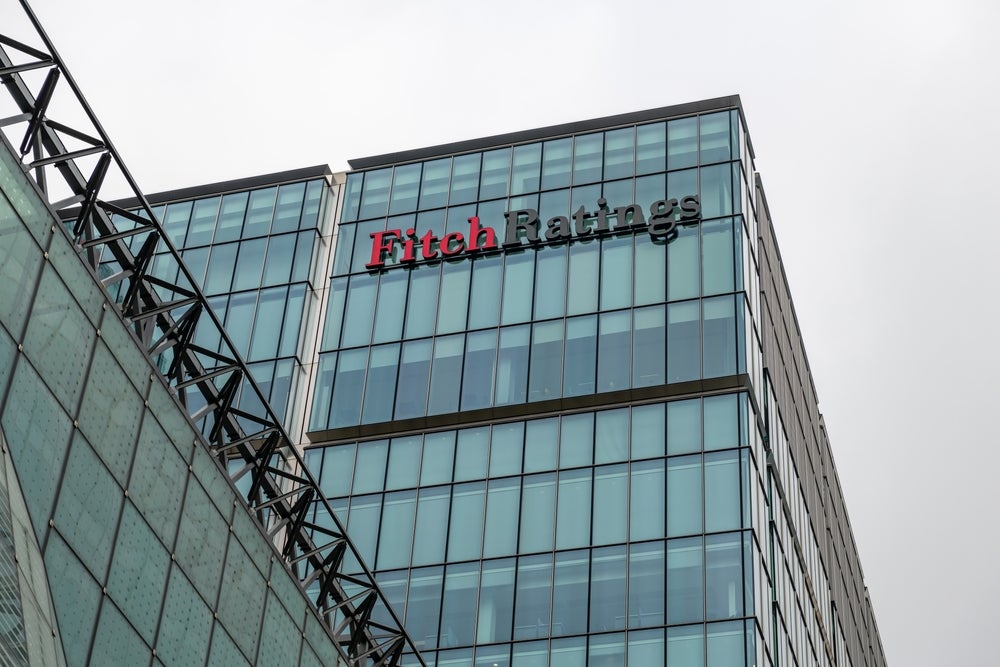
The UK’s new car market experienced a 12.4% increase in March 2025, reaching 357,103 units, according to the Society of Motor Manufacturers and Traders (SMMT).
According to the trade body, this growth builds on the previous year’s performance, marking the best March since 2019.
During the period, fleet registrations increased by 11.5% while business buyers saw a decline of 0.3%. In addition, private buyer uptake showed recovery with a 14.5% increase in registrations.
Every category of electrified vehicle saw an increase in registrations, with hybrid electric vehicles (HEVs) rising by 27.7%, plug-in hybrids (PHEVs) growing by 37.9%, and battery-electric vehicles (BEVs) surging by 43.2%.
The SMMT said that manufacturers incentivised uptake through “significant discounting”.
March became the largest month for electric car registrations, with 69,313 new cars hitting the road.
However, the EV market share, at 19.4%, fell over eight percentage points short of the ZEV Mandate targets.
The SMMT explained that the VED Expensive Car Supplement, effective from 1 April, may have prompted buyers to act before the tax increase.
Manufacturers face the challenge of accelerating EV sales to a 28% market share by this year.
Last year, incentives cost the industry £4.5bn ($5.76bn). Investment in product development has expanded consumer choice, with more than 130 EV models available and average ranges exceeding 290 miles.
Year-to-date, BEV uptake accounts for 20.7% of the market.
Government incentives and mandatory charge point rollout targets are crucial to stimulate EV demand, the SMMT said.
SMMR chief executive Mike Hawes said: “A welcome return to growth, and substantial growth at that, is a fillip for the industry. Moreover, with March being the best month ever for electric car registrations, there is reason for optimism. Manufacturers remain committed to the market decarbonisation that the country and the environment demand but we need sustained growth, not a short-term bubble driven by unsustainable manufacturer discounting and drivers rushing to beat a tax hike.
“Without substantive government support for consumers, the current regulatory regime is undeliverable. A rapid response to the government consultation is therefore needed – one that adds flexibilities that reflect the natural level of demand and supports the industry to deliver growth in the face of a tough set of global challenges.”
The recent Spring Statement missed an opportunity to influence consumer behaviour, as SMMT’s February 2025 survey indicated.
The survey revealed that less than one in four new car buyers plan to purchase an EV by 2028, but two in five sceptics could be swayed by government incentives.
Without consumer support and with September’s 75-plate introduction looming, rapid regulatory reform is vital to avoid compliance costs impacting UK operations, the industry body concluded.







